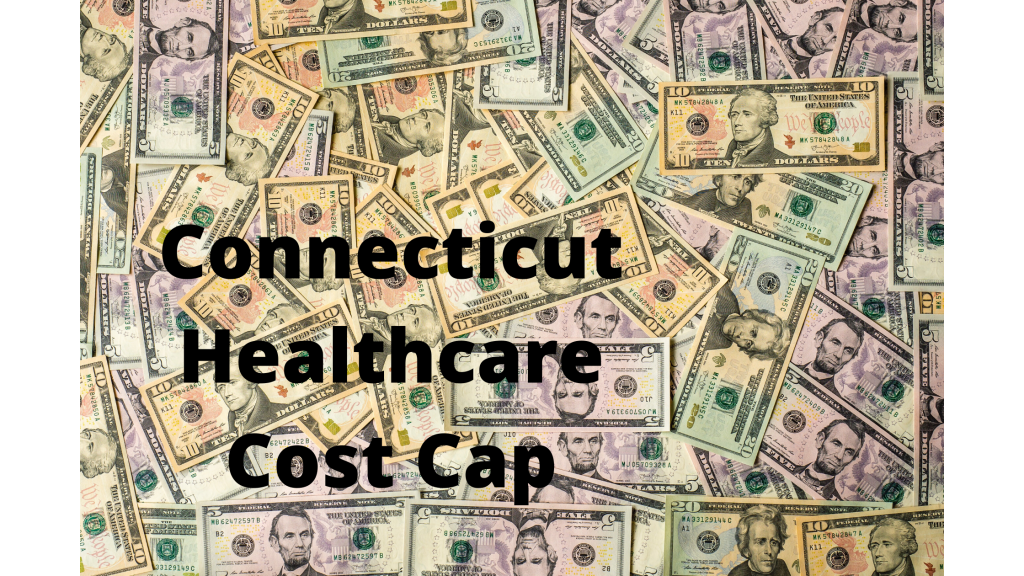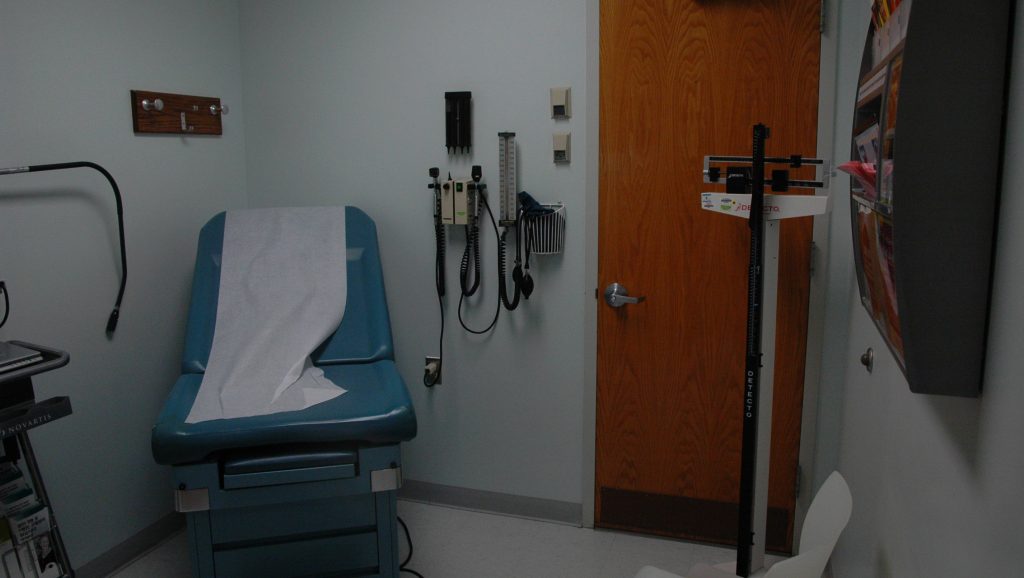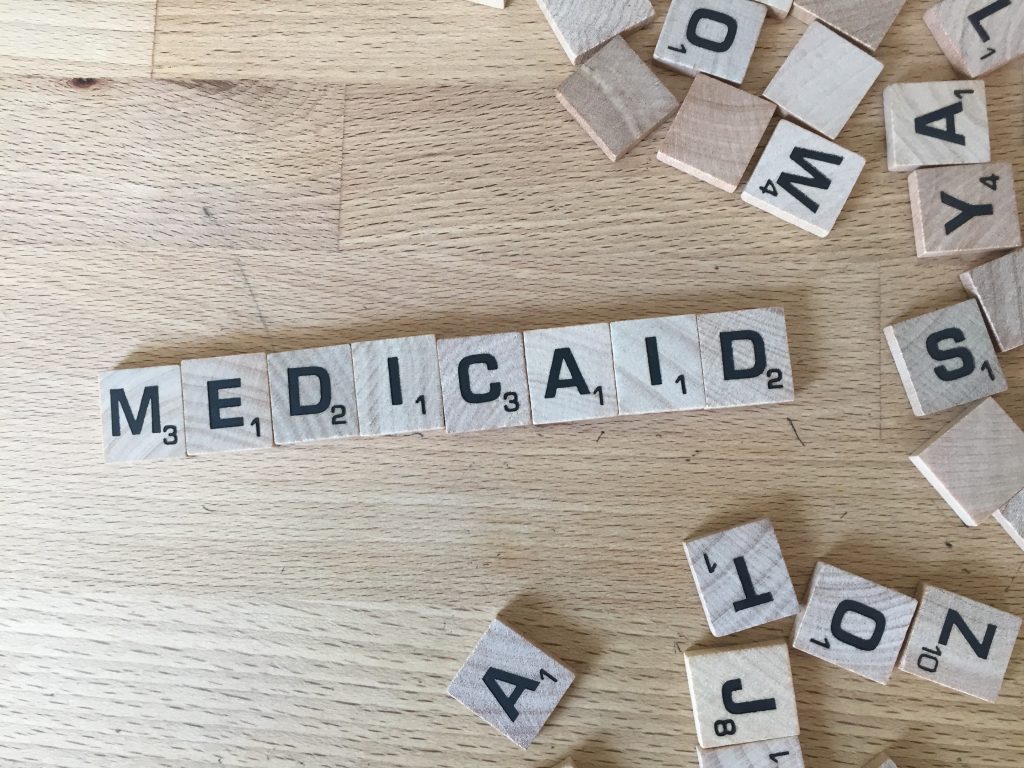public health
CT suicide prevention planning to save lives
Like the rest of the nation, deaths by suicide were rising in Connecticut even before the pandemic, according to the State of Connecticut Suicide Prevention Plan for 2020 – 2025. One in three Connecticut residents have reported signs of depressive and/or anxiety disorder during the pandemic. The newly released plan offers data-driven recommendations to prevent…
Read MoreCT hospital uncompensated care below US average, varies between hospitals, no relation to profits
Read the report According to the state’s latest report, Connecticut hospitals provided totaled $806 million in uncompensated care last year, up 5.3% from 2018. Uncompensated care is the total of charity care, provided to needy patients that hospitals never expected to be reimbursed, plus bad debt, care provided that patients couldn’t or wouldn’t pay for.…
Read MorePublic comments critical of OHS’s Cost Cap plan
Several comments submitted on the Office of Health Strategy’s plan to cap healthcare costs during the public comment period raised serious concerns. The concerns echo those raised in previous unanswered letters signed by dozens of advocates. Comments were submitted by CT legal services programs, Gaye Hyre on behalf of the advocate letter writers, and one…
Read MoreYNHH and New Haven clinics open primary care center, despite transportation barriers and higher costs for patients and the state
On Monday, Yale New-Haven Health System with the Fairhaven and Cornell Scott Hill health centers announced the opening of their merged primary care clinic on Long Wharf. YNHH is closing their three neighborhood primary care clinics and moving healthcare for over 25,000 low income patients to the remote site. Community members find the transportation plans…
Read MoreCTNJ candidate questionnaire now online
Candidates’ answers to CT News Junkie’s questionnaire about policy issues facing Connecticut is now online. Several questions relate to healthcare. Inform your vote by checking out your candidates’ answers. Health questions for candidates: What should Connecticut do to re-tool our public health for COVID-19 and the possibility of future pandemics, while also addressing other chronic…
Read MoreAmericans are getting non-emergency care again, but progress varies
In good news, Americans are getting preventive and maintenance care visits, according to an analysis by the Commonwealth Fund. But progress is not even. While visits to dermatologists and for adult primary care are higher than before the pandemic, unfortunately behavioral health care visits and visits for young children have not rebounded. This is particularly…
Read MoreUS safe injection sites could save lives and save cities up to $4.35 million each year
Allowing safe sites for injecting opioids in the US would save lives and lower healthcare spending significantly for affected communities, according to ICER’s latest draft evidence report. In 2018, opioid overdoses killed 948 Connecticut residents and there are signals that the rate has risen during the pandemic. Supervised injection facilities (SFIs) are part of a…
Read MoreAdvocates urge Cost Cap delay for data, safety
A group of advocates sent Governor Lamont a letter about the Cost Cap project today raising new, heightened concerns since our May letter. This follows a similar letter sent last week from Connecticut’s three legal services organizations, which also included concerns about Medicaid’s PCMH Plus program. The Cost Cap is a controversial project of the…
Read MoreCOVID hit Medicaid hard
Medicaid members were about 33% more likely to be diagnosed with COVID than other Connecticut residents, according to CHNCT’s presentation Friday to the Medicaid oversight council. The average age of members with COVID was 52 years but ranged from newborn to 102 years old. Like the rest of the population, COVID hit Medicaid members with…
Read MoreNational survey of healthcare executives finds population-based/capitated payment models are rare and aren’t growing
The latest survey of 500 US healthcare executives by the Numeroff & Associates finds that only 10% of revenue is at financial risk and that rate has not changed in the last three years. In previous surveys executives predicted that they would have a much larger share of revenue at financial risk by now. Just…
Read More









